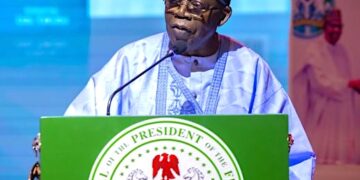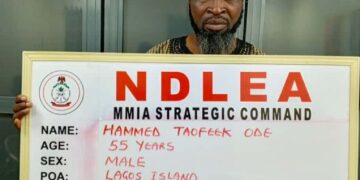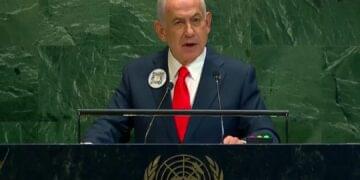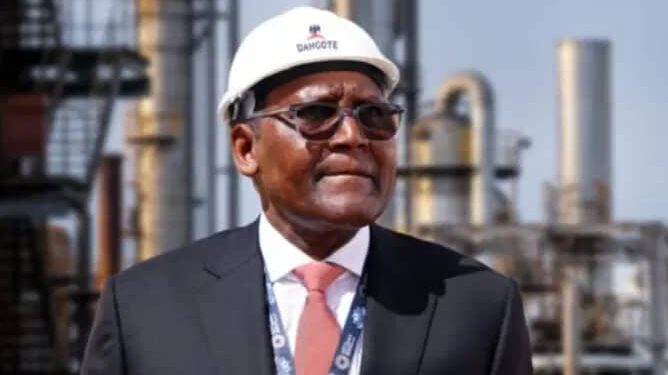Dangote’s management has strongly rejected PENGASSAN’s directive, calling it illegal, lawless, and economic sabotage.
The company insists that PENGASSAN has no legal authority to interfere with or disrupt supply contracts between Dangote and third-party vendors for crude and gas.
Dangote warned that imposition of the shutdown would cause fuel scarcity, hardship for households, and damage to Nigeria’s investment image.
The refinery also called on the Federal Government and security agencies to intervene and bring PENGASSAN to order, emphasizing that oil supply disruption affects all Nigerians.
Dangote argued the dismissed workers were part of a reorganization needed to “safeguard the refinery from repeated sabotage” and maintain operational efficiency.
PENGASSAN & Union Position:
The union justifies its action as defending workers’ rights. It claims the refinery dismissed about 800 workers without consultation in apparent retaliation for unionization moves.
PENGASSAN accuses Dangote of replacing local unionised staff with expatriates (notably from India) on more lucrative pay, stoking tensions over wage disparities and discrimination.
The union has called for prayers and appeals to divine intervention, stating the strike is as much moral as industrial. (This was in the earlier directive.)
PENGASSAN has threatened that failure to reinstate the sacked workers will lead to further escalation of actions.
Legislative Reactions :
The House of Representatives’ downstream committee has reportedly disagreed with PENGASSAN’s plan to shut off gas and crude supply to the Dangote refinery without prior notice.
Some voices in government are expected to condemn the strike as harmful to the national economy, given the centrality of oil and gas to revenue, foreign exchange, and energy supply.
There may be pressure for mediation via the Ministry of Labour, Ministry of Petroleum, or the Presidency, to avert a countrywide fuel crisis.




































